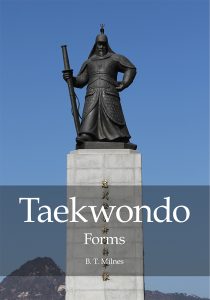Toigye is the pen name of the noted scholar Yi Hwang, who was one of the two most prominent Korean Confucian scholars during the sixteenth century.
Yi Hwang was born in 1501 C.E. in the city of Andong, in North Gyeongsang province, which nowadays is in South Korea, but which at the time was part of the Kingdom of Joseon. The youngest son among eight children, he was a child prodigy, and reportedly learned The Analects of Confucius at age twelve from his uncle. At age eighteen, he wrote a poem titled Yadang, meaning ‘Pond of the Wild’, which is considered one of his major works.
At this time in Korea, in order to hold a governmental position, you had to pass the Civil Service literary exams. These exams predominantly tested a person’s knowledge of the Confucian classics. Those who passed these exams held a very high status in Korean society, and so wealthy families paid for their children to be taught by tutors in the classics. Yi Hwang came to Seoul at age 23 to enrol in the national academy Songgyun-gwan, and at age 27 passed the preliminary exams to become a government official.
Over the following years, Yi Hwang was appointed to various governmental positions. Yi disliked the politics of the royal court, however, and on several occasions turned down prominent positions.
In 1552, he was named the Daesaseong (‘head instructor’) of Songgyun-gwan, and in 1560 he established the Dosan Seodang – a private village school at which he taught.
The hangeul for Toigye is 퇴계, which means ‘retreating creek’.
Related questions
- What does Yulgok mean?
- What does Junggun mean?
- What does Hwarang mean?
- What does Chungmu mean?
Want to learn more?

If you'd like to learn more about the forms / patterns in Taekwondo, consider buying this book: Taekwondo Forms. It lists the movements and gives the floor diagrams and interpretations for 71 forms from four different styles of Taekwondo - it's the ultimate reference book for anyone studying forms in detail.





